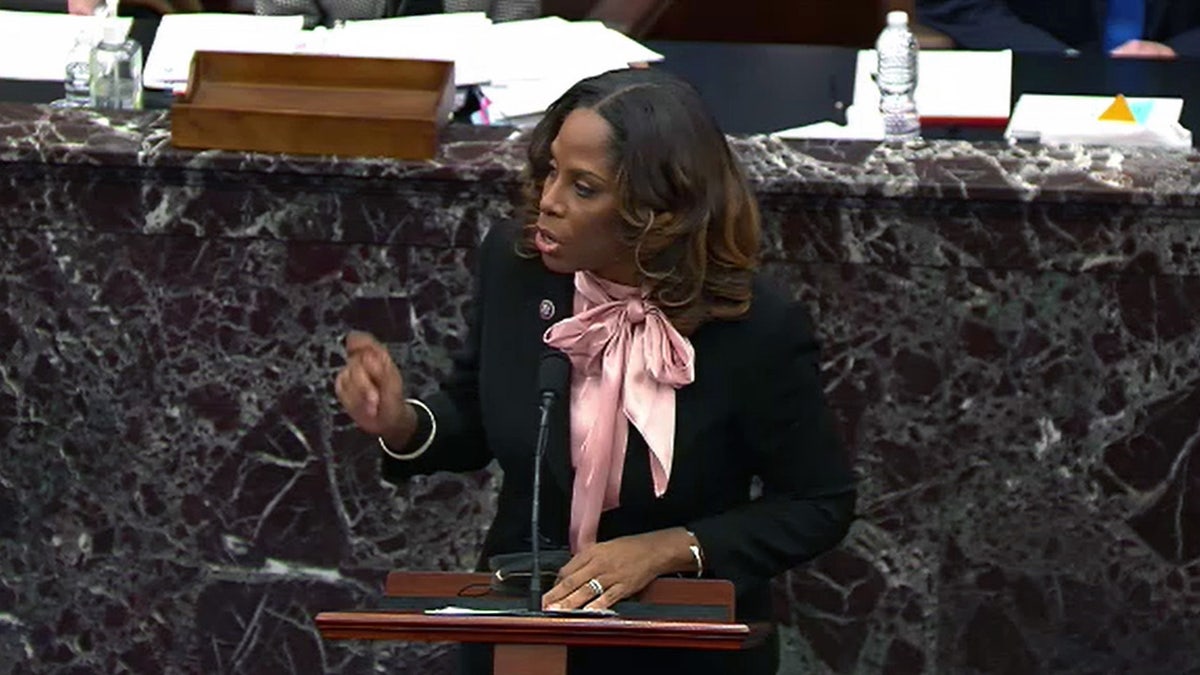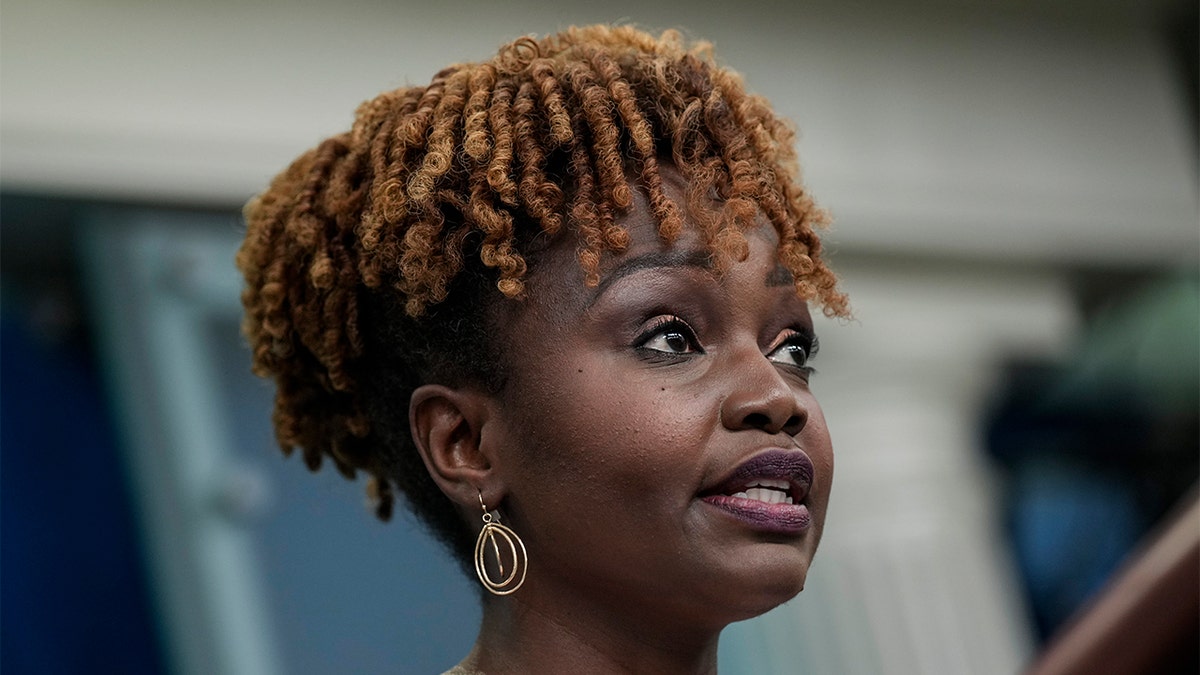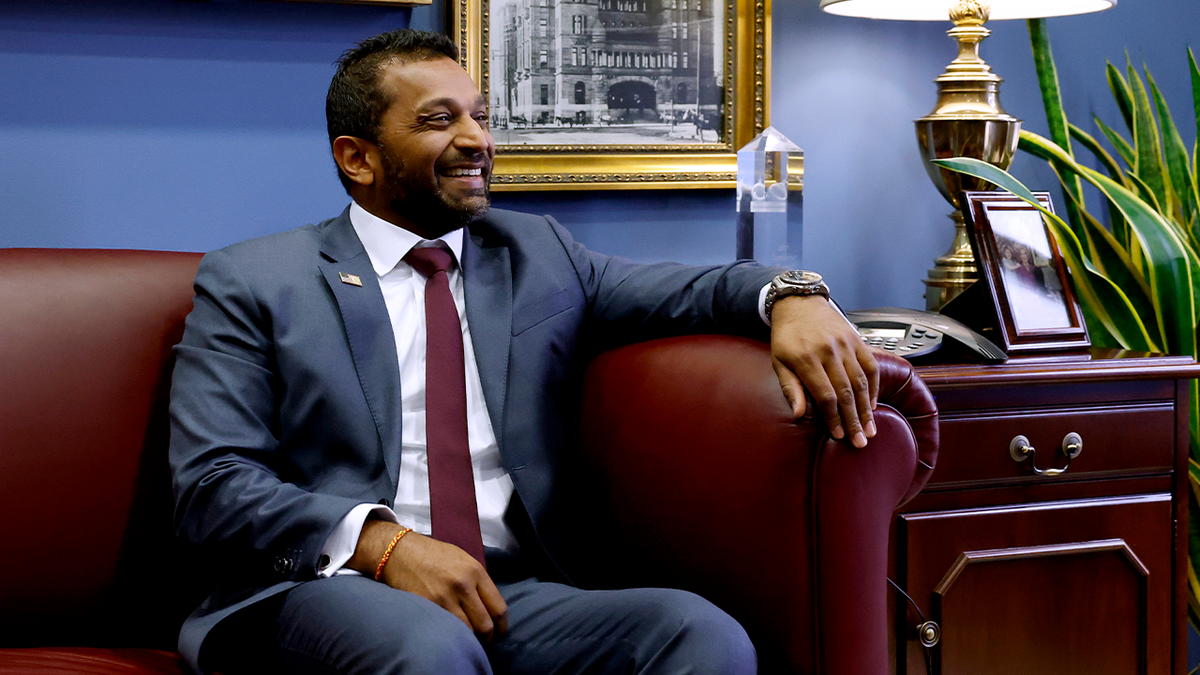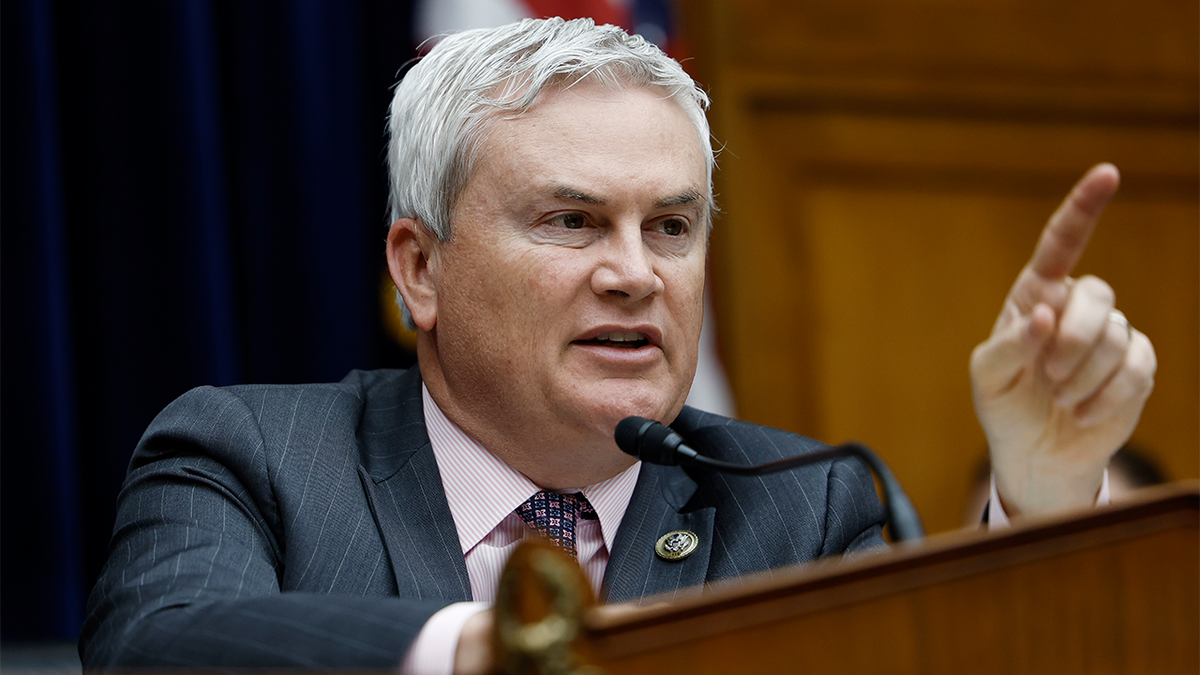With the Trump administration's temporary halt on USAID funding, China is rapidly stepping in to fill the void, potentially expanding its global influence. A former USAID official, speaking anonymously to Fox News Digital, revealed that China has "immediately" moved to replace USAID initiatives in nations like Nepal, Cambodia, and Papua New Guinea.

This shift in aid dynamics has already seen China more than double its funding to Cambodia's primary demining organization, the Cambodian Mine Action Center (CMAC), surpassing the previous U.S. contribution. Similar increases in Chinese aid are being observed in Nepal, as Beijing capitalizes on the USAID funding freeze.
The former USAID official expressed concern that the funding pause undermines the U.S.'s image as a reliable partner, potentially pushing countries closer to China. The impact is particularly acute for women's empowerment programs, including the Women's Global Development and Prosperity Initiative (W-GDP), championed by Ivanka Trump during the previous administration. Lilian Achom, a Ugandan participant in W-GDP programs, voiced her anxieties about the funding freeze's effects on vulnerable women, especially those affected by HIV/AIDS.
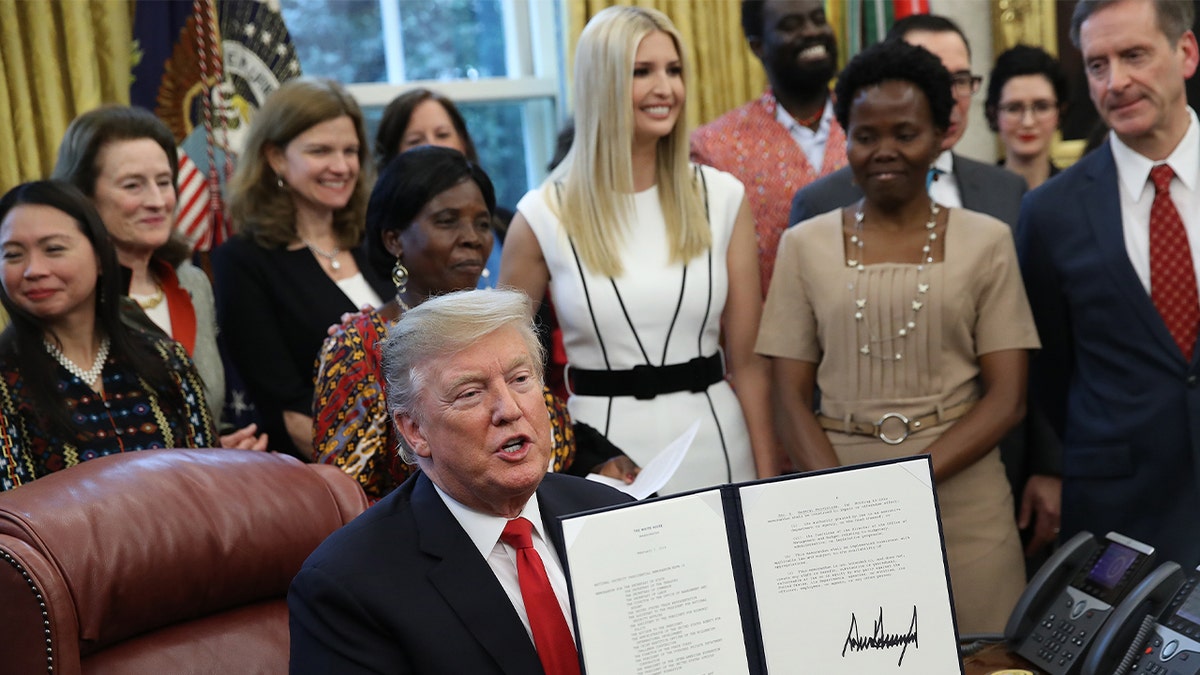
Achom, who met Ivanka Trump during the program's launch, praised her commitment to women's empowerment and expressed concern for the future of such initiatives. The former USAID official confirmed that the funding freeze potentially jeopardizes all aspects of USAID's work with women and girls, and it remains uncertain whether China will prioritize similar programs.
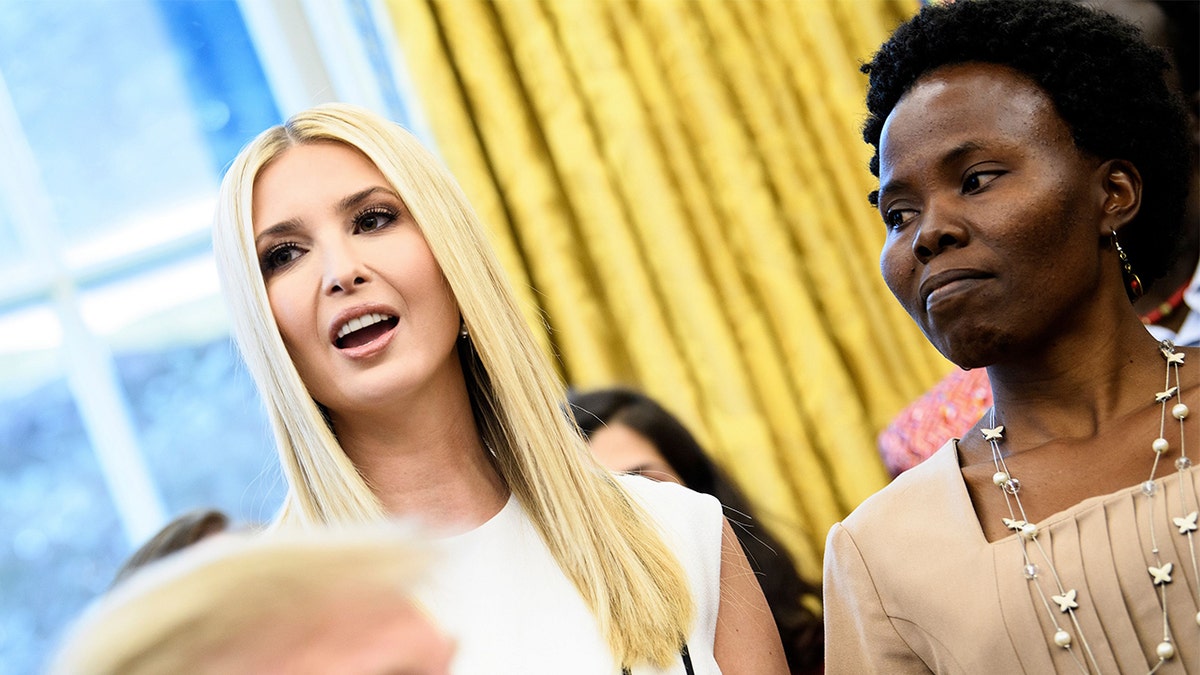
The State Department, in response to Fox News, characterized China's economic diplomacy as "predatory" and emphasized the importance of partner nations making informed decisions about their interactions with Beijing. They maintained that the funding freeze is not about ending foreign aid but restructuring it to align with U.S. interests and ensure effective delivery to those in need.
The White House has criticized USAID for alleged "waste and abuse," citing examples such as funding electric vehicles in Vietnam, diversity programs in Serbia, and tourism in Egypt. They argue that the funding pause is necessary to address these issues and ensure responsible allocation of resources.

